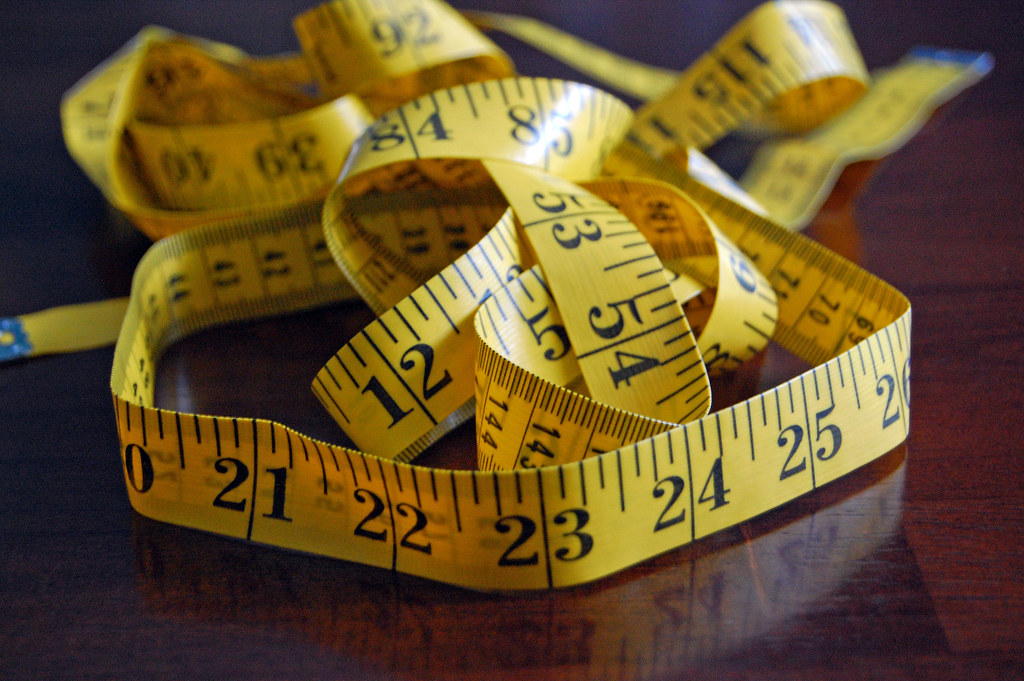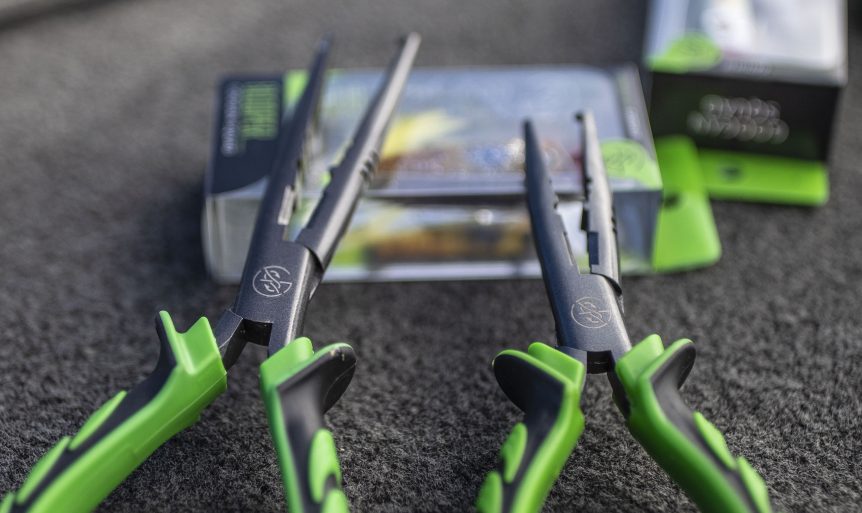
With so much going on both on and off the water, it’s easy to see why some anglers overlook the simple things. It happens to me and my brother all the time. We get down to the fishing spot and one of us will ask the other ”did you bring the net” or ”did you bring the pliers”. And the answer ends up being no more times than I’d like to admit.
With that being said, here are 4 fishing tools that I don’t think you should not leave home without. Let this blog serve as a friendly reminder to both you, me, and my brother on the importance of simple fishing tools.
Fishing Pliers
Fishing pliers are a versatile tool that should be in any anglers tackle box. Pliers help remove hooks, cut line, and swap out hooks on the fly. Good pliers, like the set from the Googan Squad have a split-ring function built into them. This comes in super handy.
Spray your pliers with WD-40 to prevent rust and stickiness. If they do get rusty, hit them with some steel wool and a little elbow grease. When I’m kayak fishing, I add a floating lanyard to the end of my pliers to prevent my tool from sinking to the bottom of the lake.
Measuring Tape

While many bass anglers prefer to carry digital scales, a simple measuring tape has always worked for me. Tape measures are more accessible, affordable, and long-lasting than a scale. Tape measures are also more compact and don’t require batteries.
I like to put a small round tape measure at the bottom of my tackle box. It’s so small that I usually forget that it’s with me until I catch a fish worth measuring. Then, I usually scratch my head for a second and quickly remember that my mini-fish ruler is stashed in the bottom of my box!
Most harvest regulations are measured in length so a tape measure comes in handy when determining if a fish is a keeper or not.
Having a flexible tape measure allows you to accurately measure both the length and girth measurements of your catch. There are sites online where you can enter in both length and girth measurements to get a pretty accurate weight estimate.
If you forget a tape measure and want a measurement, try this. Lay your fish next to a fishing rod, stick, or piece of line. Then, take note of where the fish stretches out to (or make a visible indicator). Once you’re home, use a tape measure to check your temporary measuring stick. This isn’t the most accurate method, but it’s better than nothing.
Camera

Pics or it didn’t happen. It’s 2019 and if you tell a person you caught a fish and don’t immediately pull out your phone it’s kind of suspicious. Nowadays almost every angler fishes with a phone capable of high-quality pictures. Some even take it to the next level by mounting GoPro’s to their bodies.
Always keep your phone or camera handy when fishing. Even if it’s low on battery, just turn it off until you catch a fish. If you’re worried about your phone getting wet, invest in a waterproof case or toss it in a ziplock bag and use caution.
Cutting Tools
A cutting tool is a must-have when fishing. Knives, razors, clippers, and scissors all work but I personally prefer scissors. A compact pair of shears like the Googan Squad Scissors are small enough to fit in a tackle box but sturdy enough to crunch through thick braid. A good line cutting tool will have serrated edges that help it slice through individual strands of braided line much easier compared to a straight-edge blade. Save time and save your teeth with a good fishing cutting tool.
Honorable Mentions
- Fishing Net
- Mouth Spreader
- Fishing Rag
- Fish Gripper
How useful was this post?
Click on a star to rate it!
Average rating 4.6 / 5. Vote count: 27





